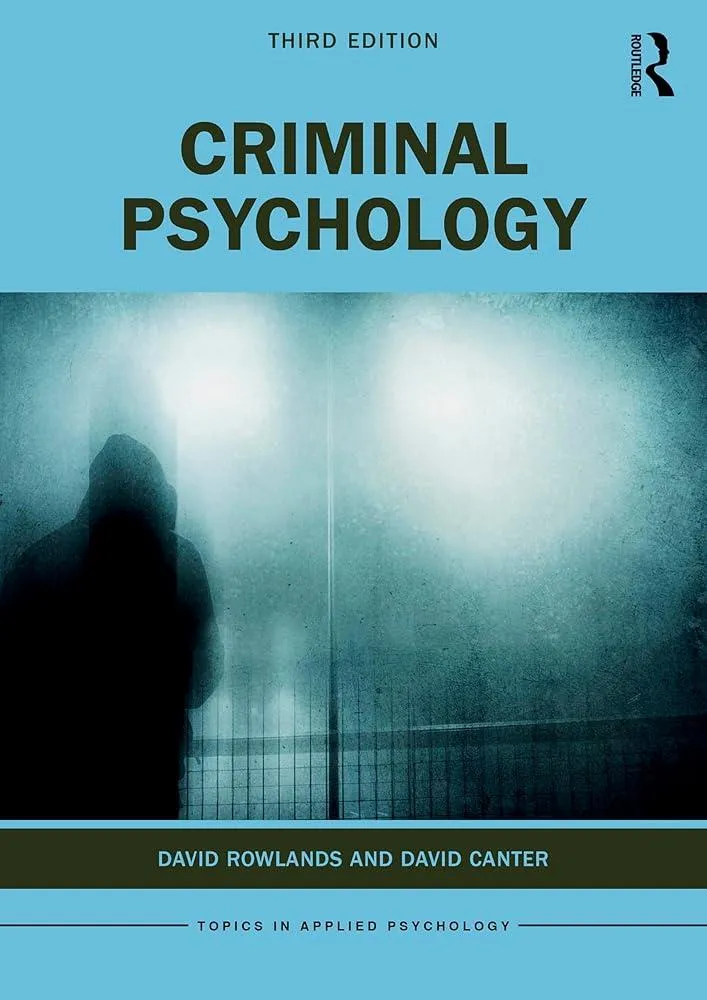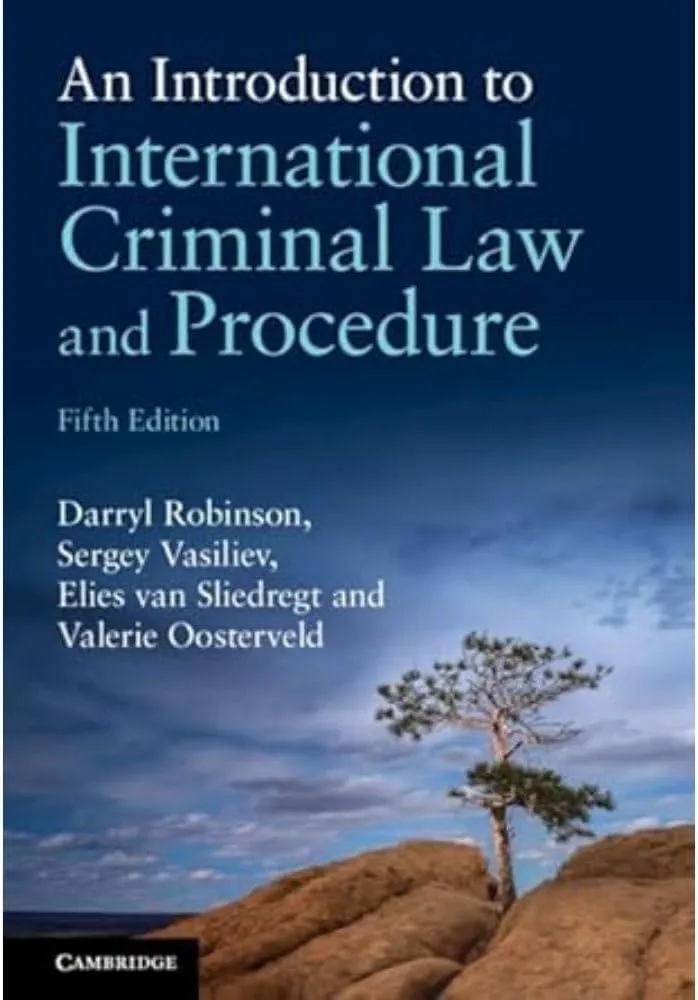
This carefully revised third edition of Criminal Psychology offers a vital, up-to-date account of the wide range of psychological contributions to the understanding of criminals and crime, its investigation, the legal processes of dealing with offenders, and helping victims. The book provides insights into cognitive, developmental, and social theories of a diverse range of crimes, including domestic abuse, burglary, fraud, rape, murder, and terrorism. It also discusses the psychological contributions to policing, criminal investigations, and court processes, and gives consideration to securing reliable testimony and rehabilitation in prisons. The third edition complements the topics established in earlier editions with the addition of current and emerging issues in the study of criminal psychology, including cybercrime, new forms of fraud, and developments in organised crime, as well as the future of crimes and their psychology. The well-illustrated text is packed with pedagogical features that bring this fascinating subject to life, including boxes highlighting key topics, descriptions of research methods, further reading, and suggested essay titles. Offering a comprehensive, accessible, contemporary introduction, the book shows that many aspects of psychology are essential for understanding criminals and their actions, the investigation of crime, and court procedures. This is the ideal text for students across psychology, criminology, socio-legal studies, and law, as well as everyone who wishes to gain an overview of criminal psychology.
David Rowlands
David Rowlands was a prolific Welsh writer known for his epic poem "Barddoniaeth Dafydd ap Gwilym." His work is characterized by its lyrical beauty, intricate rhyme schemes, and exploration of love and nature. Rowlands is considered one of the greatest poets in Welsh literature, with a lasting impact on the genre.





